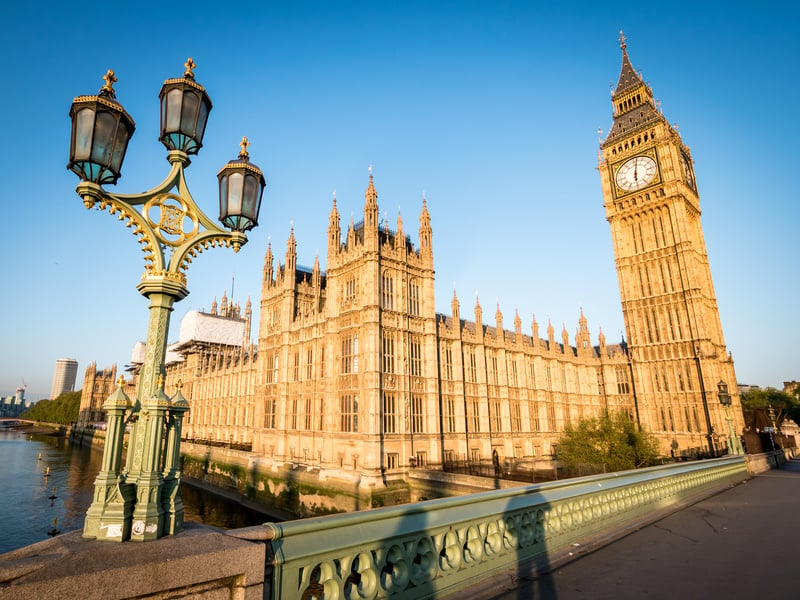On November 3, the German Federal Ministry of Justice and Consumer Protection published two draft bills for the implementation of certain aspects of the Directive on digital content and services (Directive (EU) 2019/770) and the Directive on better enforcement and modernisation of consumer protection rules (Directive (EU) 2019/2161). The Directive on digital content and services must be transposed by the German legislator into national law by July 1, 2021, which in turn must be applied beginning January 1, 2022. The Directive on better enforcement and modernisation of consumer protection rules must be transposed into national law by November 8, 2021, which in turn must be applied beginning May 28, 2022. If adopted, the draft bills will amend the German Civil Code, inter alia, supplementing the requirements for distance selling contracts, introducing new rules for consumer contracts about digital content and services, and providing for new information obligations for online market places as well as amend the Introductory Act of the German Civil Code by introducing a new administrative fine for violations of certain consumer protection law obligations.
The Hamburg Commissioner for Data Protection and Freedom of Information (“Hamburg DPA”) imposed a 35.5 million Euro fine on a global fashion company’s subsidiary in Germany for violations of the GDPR. This million Euro fine is the highest fine known in Germany so far.
The Hamburg Commissioner for Data Protection and Freedom of Information (“Hamburg DPA”) imposed a 35.5 million Euro fine on a global fashion company’s subsidiary in Germany for violations of the GDPR. This million Euro fine is the highest fine known in Germany so far.
The European Data Protection Board (EDPB) has published draft guidelines on the concepts of controller and processor in the GDPR (Guidelines). They replace the previous guidelines on the concepts of controllers and processors which the Art. 29 Working Party, i.e., basically the EDPB’s predecessor, had published in 2010. The Guidelines…
The European Data Protection Board (“EDPB”) has published draft guidelines on the concepts of controller and processor in the GDPR (“Guidelines”). They replace the previous guidelines on the concepts of controllers and processors which the Art. 29 Working Party, i.e. basically the EDPB’s predecessor, had published in 2010. The Guidelines are open for public consultation until October 19, 2020, after which the final version will be issued.
The Digital-Supply-Act (Digitale-Versorgung-Gesetz, “DVG”), which aims to further promote digitization in the German health care system, entered into force on 19 December 2019 and regulates, inter alia, the prescription of Digital Health Apps by HCPs (including the cost bearing by statutory health insurance). Patients insured with statutory health funds are eligible for reimbursement of Digital Health Apps. As of this August, prescription for Digital Health Apps will be available, according to statements made by the Federal Ministry of Health at an event of the Health Innovation Hub on 16th July 2020.
For four months we have been providing you with regular updates on all relevant legal developments regarding the Coronavirus disease in Germany. In the future you will be informed by our team about changes in specific topics. Please don’t hesitate to get in contact with our experts. The guide line…
On May 28, 2020 the German Federal Court of Justice (Bundesgerichtshof, “BGH”) decided on the “Planet49” case regarding cookies (see decision in German here, reference number I ZR 7/16). The decision follows upon the ruling of the Court of Justice of the European Union (“CJEU”) of October 1, 2019 (see our publication regarding that ruling). On July 6, 2020 the reasons of the BGH decision have been published and we have summarized those in this client alert.
From July 12, 2020 the Regulation (EU) 2019/1150 of the European Parliament and of the Council of June 20, 2019 on promoting fairness and transparency for business users of online intermediation services (P2B Regulation) will apply. It will have direct effect in EU member states. Providers of online intermediate services…
We will provide you with regular updates on all relevant legal developments regarding the Coronavirus disease in Germany. Please find on the link below our tenth edition of our guideline. Our team is ready to navigate you through these challenging times. Please don’t hesitate to get in contact with our…






